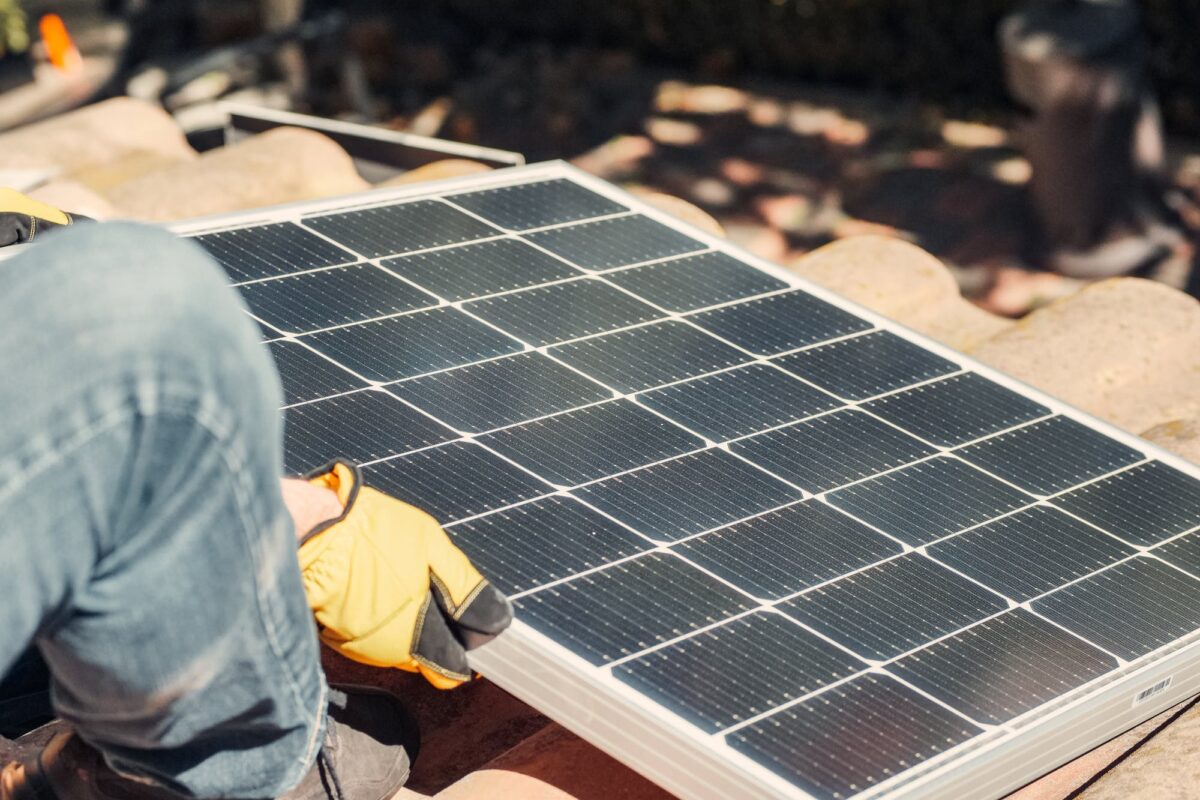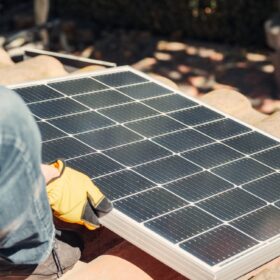While lithium-ion is the most common battery chemistry, it presents several challenges because the batteries are expensive, require raw materials from unstable geopolitical regions, and are not fully removed from fire or explosion risk in extreme conditions. Form Energy is taking a different approach and is instead developing an “aqueous air battery system” that uses low-cost iron, water and air—or what Form says are some of the safest, cheapest, most abundant materials on the planet.
In a recent study, battery experts from the University of Houston concluded that improvements in aqueous batteries, which use water-based electrolytes, are generally regarded as safe, reliable and affordable alternatives to lithium-ion cells.
“The idea is to develop advanced aqueous batteries that can combine better safety and higher voltage,” said Dr. Yan Yao, the Hugh Roy and Lillie Cranz Cullen distinguished professor of electrical and computer engineering at the Texas Center for Superconductivity at the University of Houston.
Form Energy was founded in 2017 by energy storage veterans who shared a unified mission to reshape the global electric system by creating a new class of low-cost multi-day energy storage systems. The company reports that its iron-air battery capable of storing electricity for 100 hours at system costs competitive with legacy power plants.
Emerging from start-up mode, Form expects to begin construction of its Weirton, West Virginia factory in 2023 and start manufacturing iron-air battery systems in 2024 for broad commercialization. The Governor of West Virginia, Jim Justice, announced that the state was able to structure a unique financial incentive package worth up to $290 million in asset-based, performance financing to support their decision to locate in Weirton.
The West Virginia Economic Development Authority allocated $75 million toward the purchase of land and the construction of buildings in Weirton. The governor said he plans on working with the West Virginia Legislature and federal partners to obtain an additional $215 million needed to finalize the agreement.
According to Mateo Jarmillo, co-founder and CEO of Form Energy, the company searched for a site for a year and chose Weirton, West Virginia out of over 500 candidate locations. He described the town as “a historic steel community that sits on a river and has the rich heritage and know-how to make great things out of iron”.
“West Virginia continues to be a leader in energy innovation, and the good-paying jobs and new economic opportunities this will bring are exactly what I had in mind as I negotiated the Inflation Reduction Act,” said U.S. Senator Joe Manchin (D-WV), Chairman of the Senate Energy and Natural Resources Committee. “I have said it time and again: The path forward is innovation, not elimination, and with this announcement West Virginia and Form Energy are doing just that,”
“The entire state should share in our excitement today as Form Energy, with its revolutionary technology, is choosing West Virginia,” said Roger Hanshaw, speaker of the West Virginia House of Delegates. “Not only will this facility and this investment truly change the Northern Panhandle as we’ve known it for the past generation, but it also will build on the state’s prominent role of powering the nation as we lead the way in bringing affordable, reliable, renewable energy to the marketplace.”
The company is also working on a grid modeling toolkit called Formware. Form reports that the next generation investment and operational model for power grids has the ability to optimize over multi-year, hourly resolution data sets to capture real-world weather variability, resulting in more reliable and cost effective designs for renewables-driven power.
This content is protected by copyright and may not be reused. If you want to cooperate with us and would like to reuse some of our content, please contact: editors@pv-magazine.com.









An interesting take on how it takes 100hr to discharge a battery and try to put that as a plus.
A battery needs at least a c1 rate of charge, discharge.
A good question. My guess would be that they can charge at perhaps 2C. That would allow 6 hours charging using solar / 12 hrs discharging – still leaving 6 hrs “uncovered” on a perfect day. Of course, the 100 hr capacity is basically there to cover an extended outage such as a power plant outage. But, it also means much of the capacity is “unused” most of the time. Everything is a tradeoff…